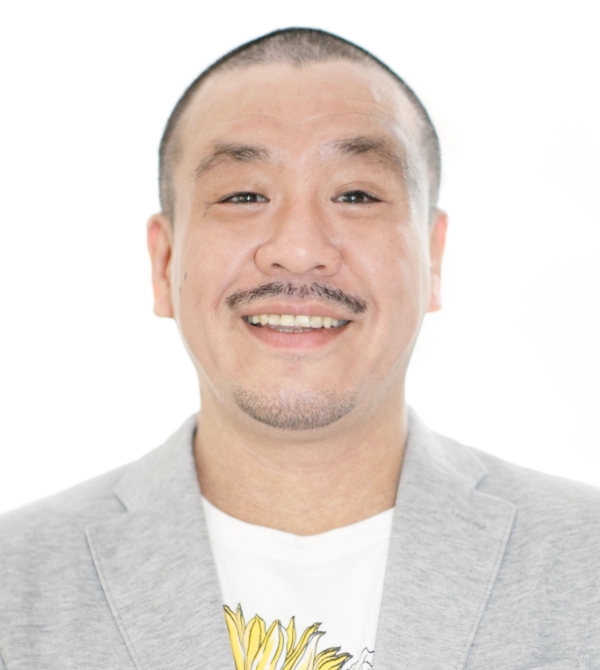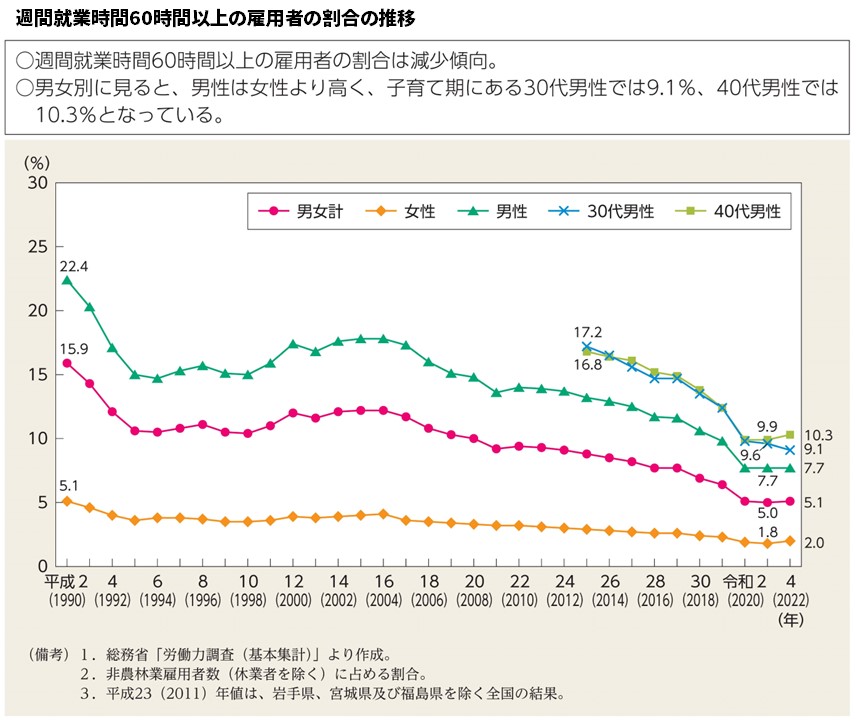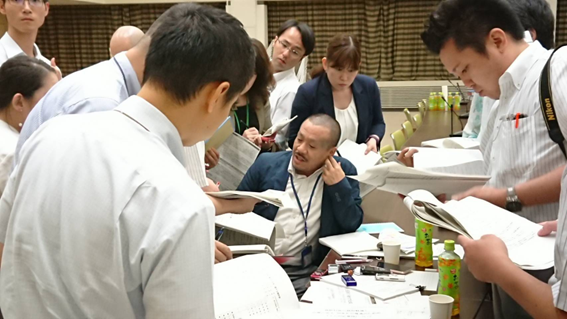
writing
Representative of Sensho Gumi Co., Ltd.
Former Ministry of Health, Labour and Welfare official
Yasuhiro Sensho
Graduated from the Faculty of Law, Keio University. Joined the Ministry of Health, Labor and Welfare in 2001 and was involved in the revision of eight laws. After retiring from the ministry in 2019, he founded the consulting firm Sensho Gumi. He has served as a member of the Cabinet Office and the Ministry of the Environment's expert councils. He is currently a specially appointed associate professor at the Faculty of Policy Management, Keio University. His books include "Black Kasumigaseki" (Shinchosha).

In practice, some may see this as a cap on the amount of overtime that doctors can work, but this issue is a much bigger one. "Work style reform" is unavoidable for the future of Japanese society as a whole and to protect medical care itself.
During my time as a bureaucrat at the Ministry of Health, Labor and Welfare, I was in charge of a wide range of policies, and in my final term, I was in charge of "work style reform for doctors." Even after retiring at the end of September 2019 and starting my own business, I have been involved in projects aimed at implementation, and have also written many explanatory articles and given many lectures. In addition to medicine, I have related fields of expertise such as social security, welfare, child policy, and labor policy. In addition, through the consulting company I currently run, I look at medicine from the perspective of policy, occupational groups, hospital groups, and pharmaceutical groups, and sometimes from the perspective of patients. I also look at it from the business sphere and from the perspective of workers. In this Serialization, I would like to talk about work style reform for doctors from a wide range of perspectives. I believe that many of our readers are in the middle of clinical practice or hospital management, and I would be very happy if this article could serve as an opportunity to think about medicine from a broad perspective and in the long term.
You may think that the reform of doctors' working style was suddenly decided, but there is a major national policy behind it. Japan is entering an era of a rapid decline in the number of workers due to the declining birthrate, aging population, and population decline, and the labor shortage will become even more serious in the future. The employment rate of women and the elderly is also increasing. Unlike the Showa era, "workers = men who can work as much as they want". The situations and lifestyles of workers have become quite diverse, and now most are dual-income households. People who can use all of their time for work, as in the era when the social leadership was raised, are in the minority. Workplaces that continue to work in this way, regardless of industry, will not be able to secure human resources. In order to maintain the social economy as the number of workers decreases, two things are necessary: 1) to increase the number of workers (women, elderly people, foreigners, etc.) and 2) to improve productivity per person. Specifically, these efforts include correcting long working hours, realizing diverse and flexible working styles according to each individual's situation, and ensuring fair treatment regardless of employment type (improving treatment of non-regular employment, etc.).
Based on this idea, the Work Style Reform Bill was passed, and from April 2019, upper limits on overtime work were introduced for general occupations, clearly correcting long working hours (see figure). Work patterns in general companies have already changed significantly. It can be said that now is the time for change in the medical field as well, so that medicine will continue to be a job chosen by young people.

Source: "Gender Equality White Paper 2023 Edition" (https://www.gender.go.jp/about_danjo/whitepaper/r05/zentai/pdfban.html)

The author (center of photo, 2018) is bombarded with questions by reporters after a Ministry of Health, Labour and Welfare expert meeting to consider work style reform for doctors.